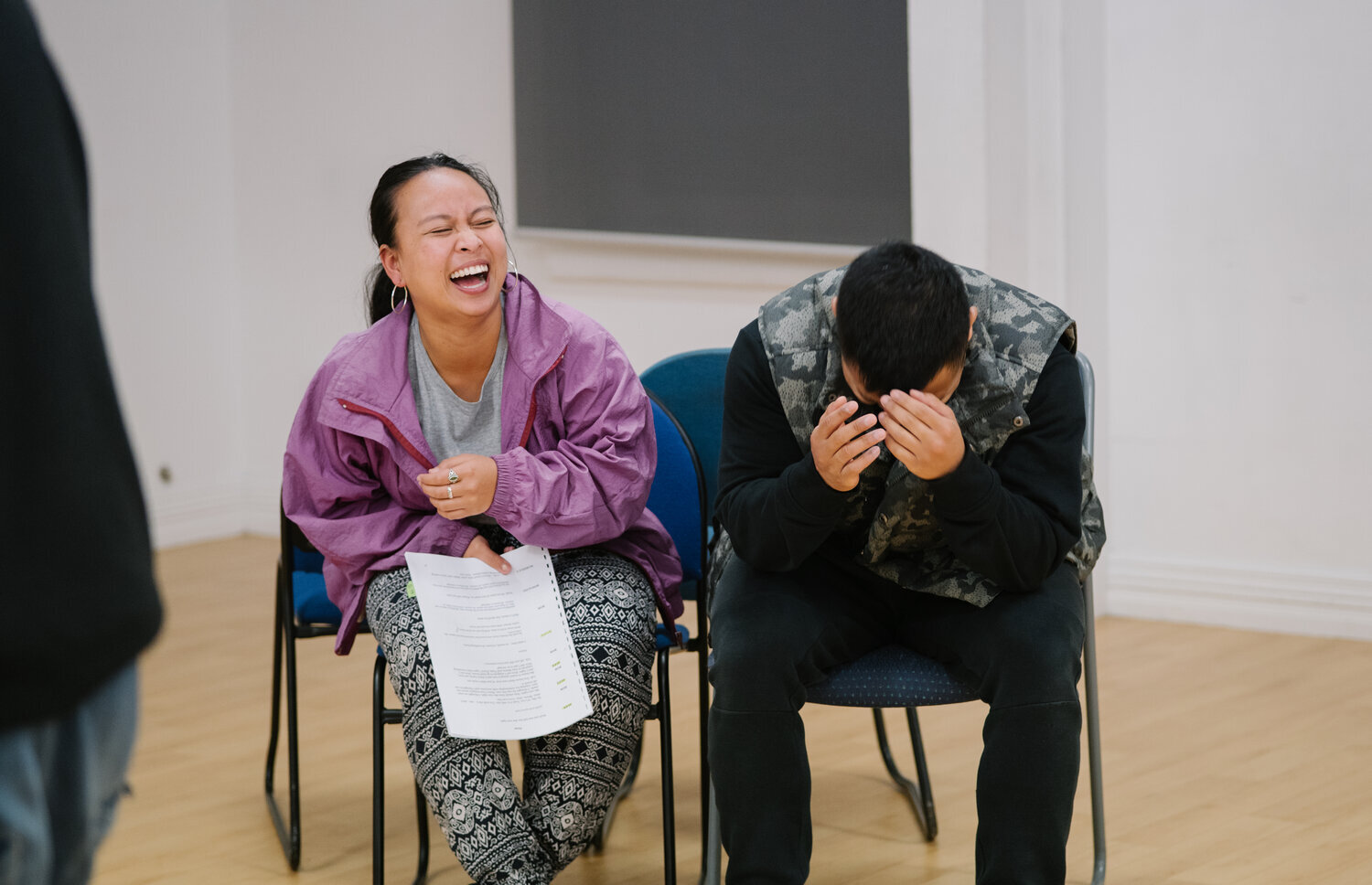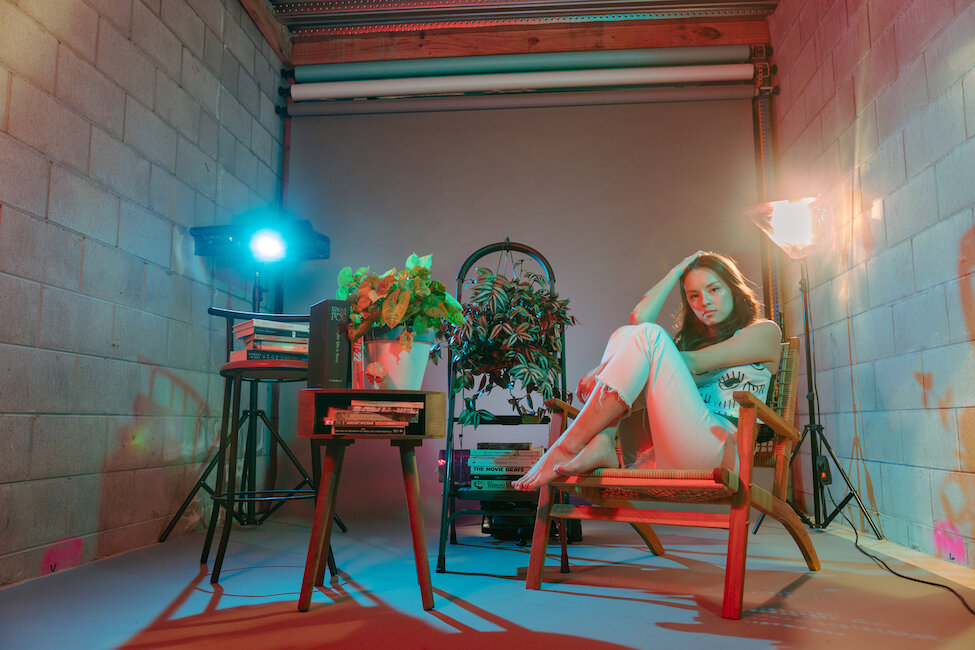How do you want people to feel at the end of your play?
With the context of the story, I'd like to leave people inspired – feeling that they can achieve with belief and hard work, that they can overcome their fears and insecurities, and anything else they think may be holding them ‘back’. I'd also like people to be reminded of the love they have for their families and friends (which can sometimes be easily forgotten), and that they can hopefully spread that positivity in their personal lives.
‘Who’ did you write your play for?
The emotions behind the play were inspired by immigrant families and my wish to honor their experiences, however there’s no specific person this play is for. I hope that it can be a story for everyone and that no matter what race or gender they are, that person can see a portion of themselves mirrored.
What character was the easiest to write? Why?
All the characters had both their own challenges and other qualities that make them easier to write than others. I would say that all the main characters are branches of my own self, so certain characters being 'easier' could even depend on the day – the time I spent writing them during scenes, memories from my own life that would inspire me for a certain character at a certain point of time and even things happening day to day that might remind me about a character. To get a more proper answer, Riza, the mother of the family, was the first character arc I had internalized, so she was the easiest to further sketch.
Can you explain any ‘theatrical’ ideas/concepts utilized in the play?
There is a sort of ‘nightmare’ sequence in the play that reflects a personal pressure a certain character is dealing with. This sequence allows for some experimentation by the actors and director regarding the space, use of voice and flow of dialogue. There is also a memory sequence that occurs in present time, and conventional flashbacks that return us to the childhood of some characters.
Catch the live reading of Sweet, Sour and Salty!
Wednesday, 8:30 PM
October 09, 2019
Basement Theatre (Lower Greys Ave).
This event only requires you to register for a FREE entry and is open to all.
PSA:
1. Fresh Off the Page seats get snatched up very quickly...
2. Post-show, there will be a Koha bucket available for the chance to assist Proudly Asian Theatre to fulfil our writers' development and FOTP initiative. Our new writers love a big cast! We thank you for your generosity in advance.
Grab your seat/s here: bit.ly/FOTP_Oct















